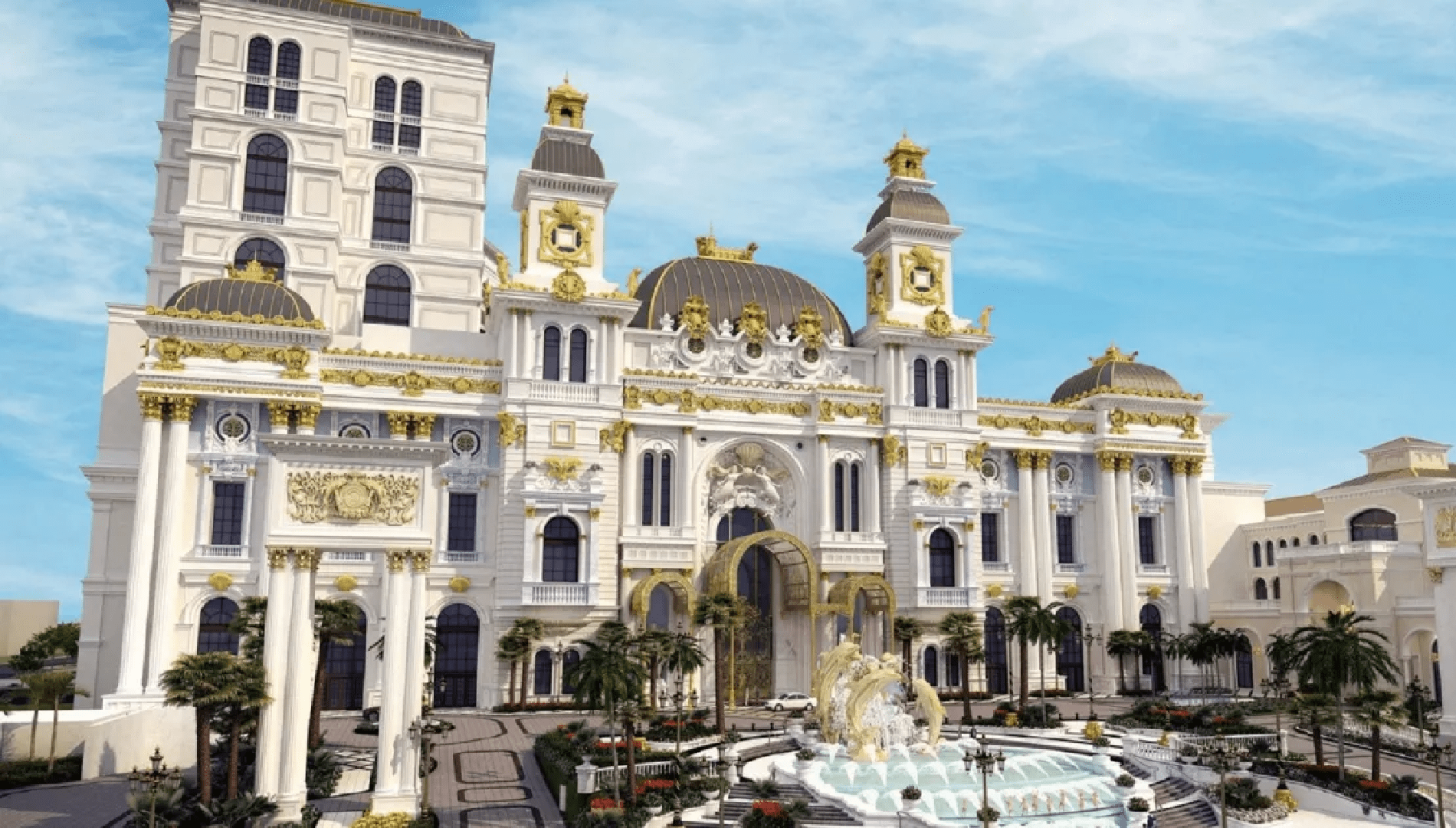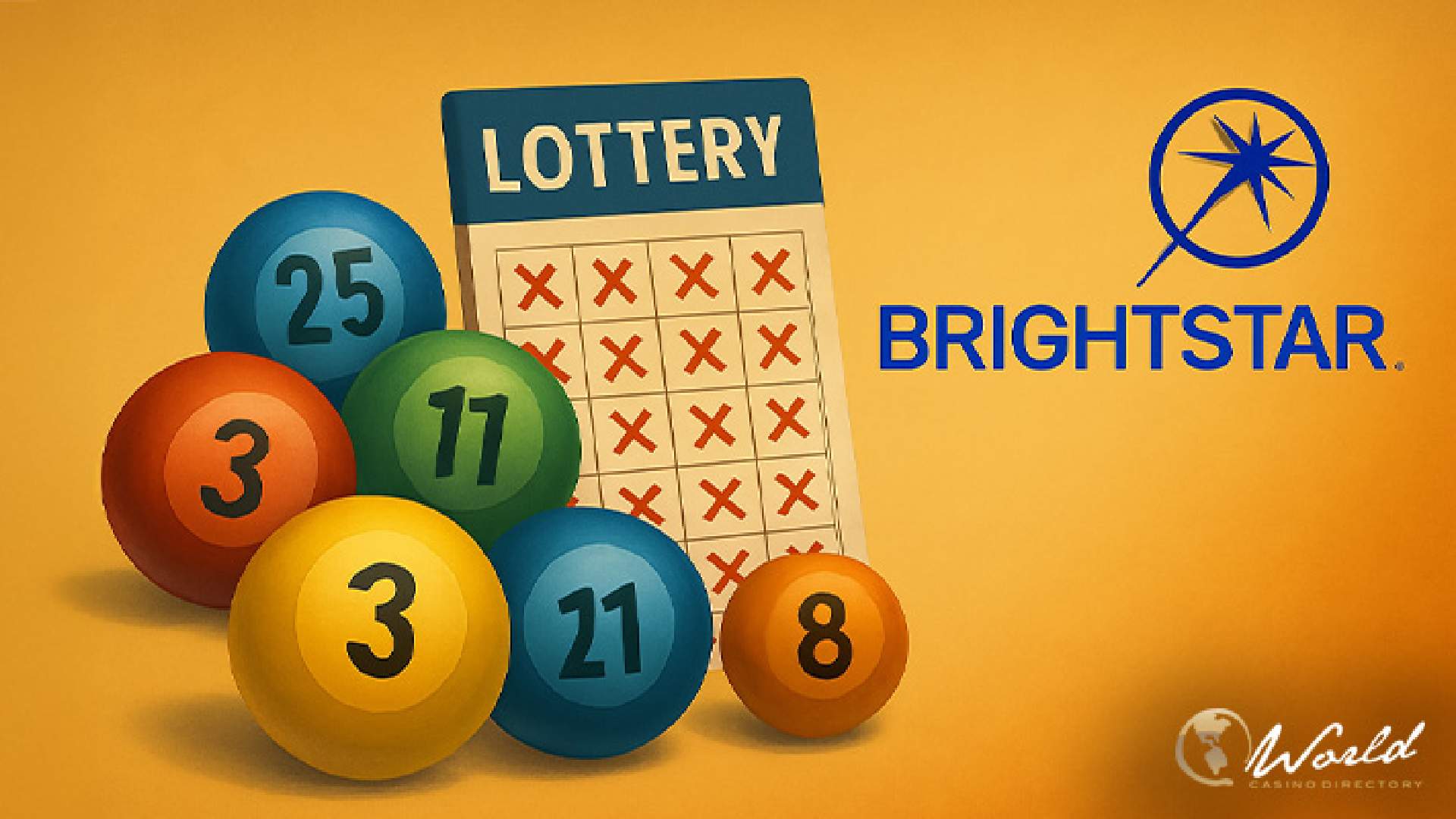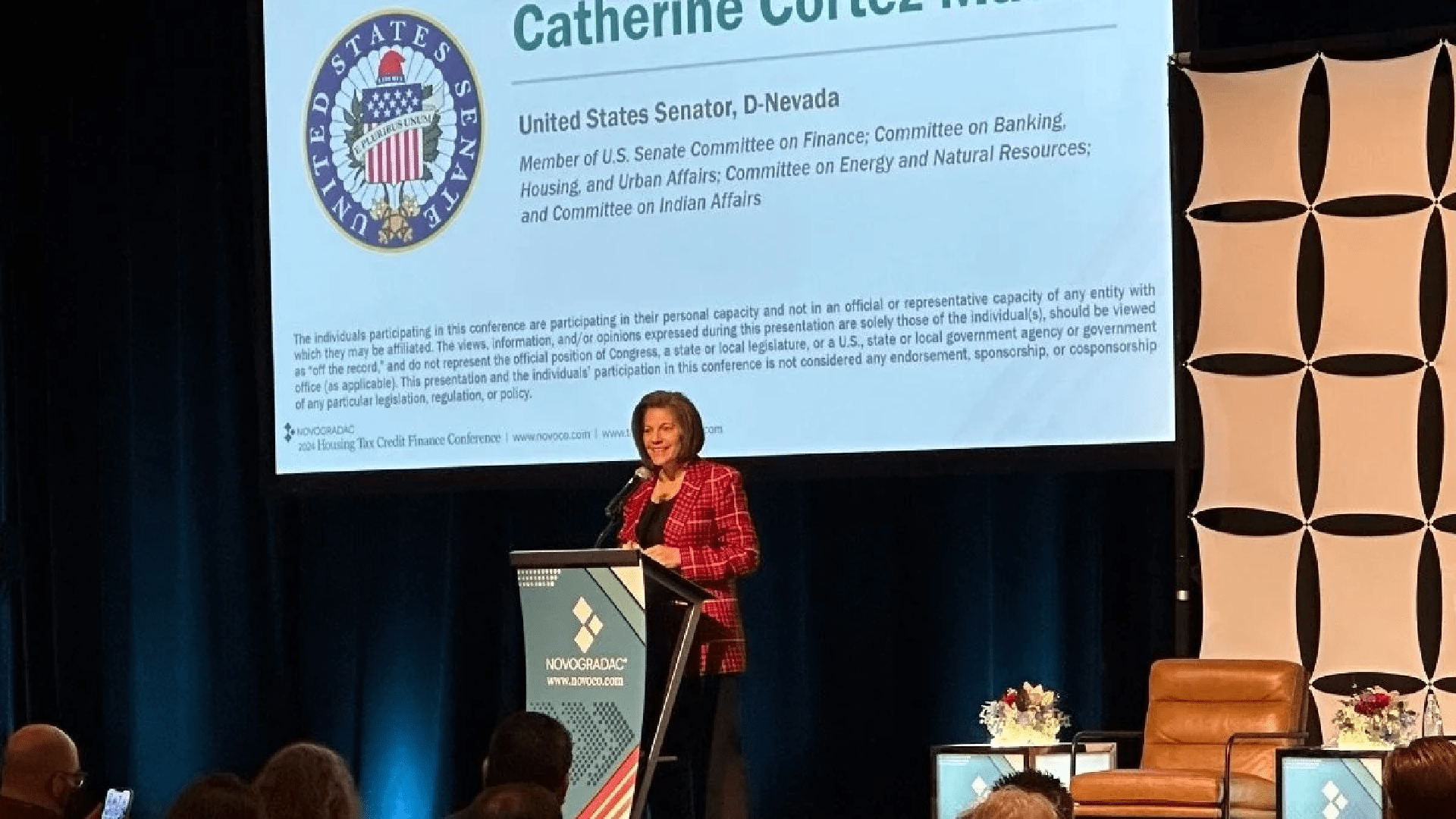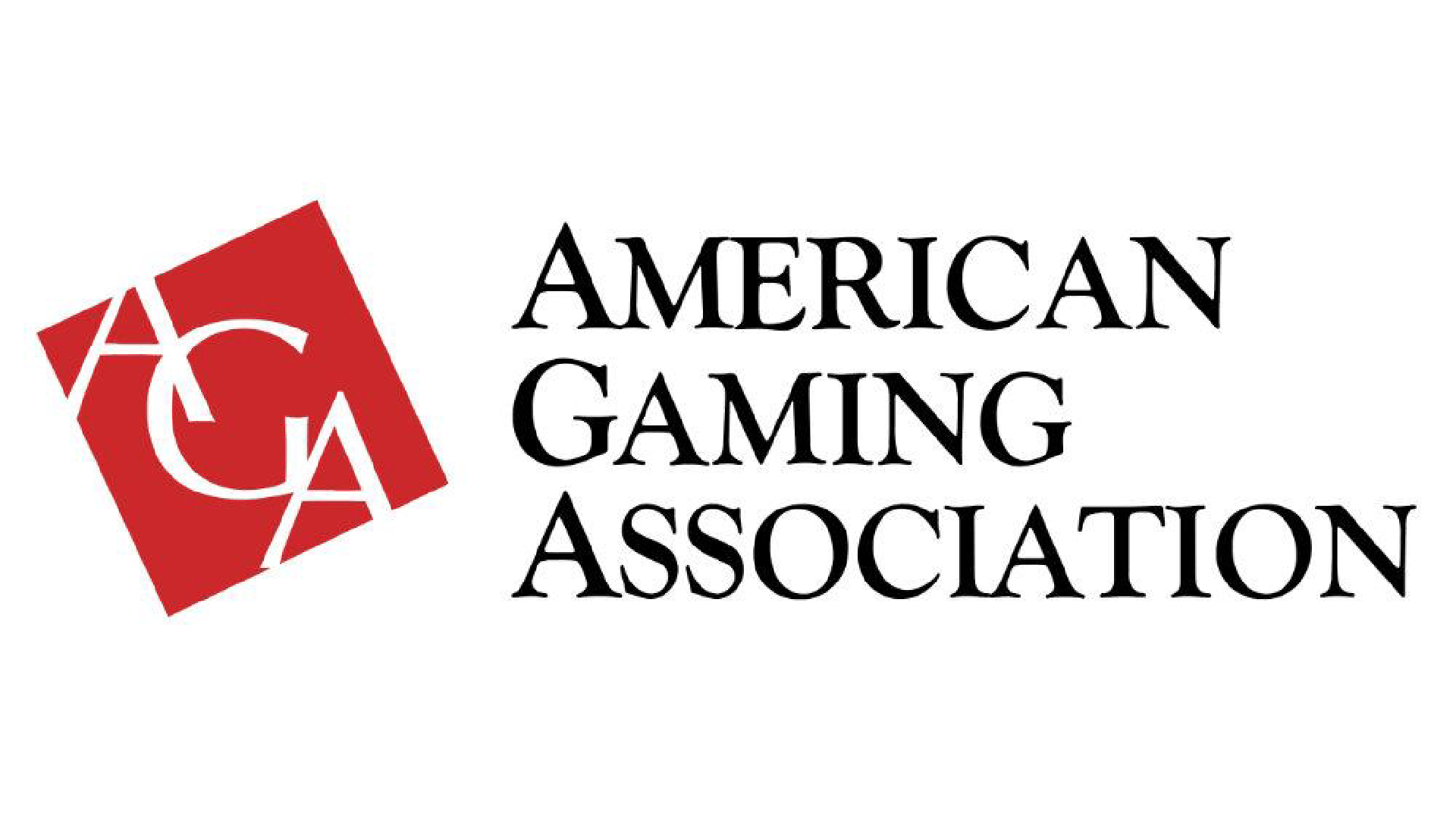Imperial Pacific Presents Termination Agreement for Failed Saipan Casino Resort

The troubled Hong Kong-based business Imperial Pacific International, which holds the only commercial casino license for the Northern Mariana Islands (NMI), has submitted a separation agreement to the U.S. territory.
Chinese millionaire Cui Lijie, whose wealth comes from her stake in Macau junket organization Heng Sheng, is in charge of IPI. Cui, a doctor by profession, started an ambitious project to construct and launch her casino resort via the Northern Mariana Islands more than ten years ago.
Cui and her son Ji Xiaobo presented the authorities in the Pacific Ocean with a multibillion-dollar integrated resort casino plan after winning the NMI's sole casino concession in 2013. In return for the casino license, her firm, Imperial Pacific, promised a number of things to the U.S. territory government. According to NMI officials, these promises haven't been fulfilled.
Resort Mishap
The Imperial Pacific Resort Hotel Saipan, an NMI casino project, was slated to be a $3.9 billion endeavor. The project was doomed from the start and never opened.
Following a worker's death, the FBI raided the construction site. There were rumors going around that workers weren't getting paid and that the workplace was dangerous. FBI investigators in the United States also looked into the makeshift casino that was open during construction.
That came after it announced billion-dollar earnings, swiftly rising from its modest beginnings to rank among the richest casinos globally. Afterwards, accusations of money laundering surfaced.
The expansive premium resort's $500 million first phase opened for business in July 2017. The stunning exterior and interiors, adorned with an abundance of gold embellishments, left the few visitors to Saipan in awe. However, questions regarding the property's structural stability were raised because IPI was allegedly taking shortcuts when building.
After federal and local authorities were called in to monitor the flow of funds through the facility, Imperial Pacific's casino revenues collapsed. When the COVID-19 outbreak forced the facility to close in March 2020, it was on the verge of bankruptcy. never opened again.
Imperial Pacific was accused by the Commonwealth Casino Commission and the NMI government of not keeping up their half of the license agreement. These included a yearly gaming fee to the island territory of $15 million, an annual regulatory cost payment to the island territory of $3.1 million, and an annual donation to the NMI Community Benefit Fund of $20 million.
Annual license and regulatory costs, according to local officials, have not been paid since 2021. Since 2017, there has not been a yearly gift to the Community Benefit Fund.
Transfer to Resort
IPI disclosed this week that it submitted a termination agreement to the Northern Mariana Islands in order to settle the legal dispute. In order to get the Commonwealth Casino Commission to stop suspending the gaming concession, Imperial representatives have promised to pay the island $31 million in overdue license fees and an additional $16 million.
If the roughly $47 million bid is approved, IPI will be able to break free from the 25-year deal it signed with the NMI in 2013.
However, according to Inside Asian Gaming, Governor Arnold Palacios of the NMI has moved to reject the idea.
Attorneys for the IPI claim that the governor is incorrectly bringing up the issue and that the CCC had already indicated that it would support approving the separation deal. Imperial Pacific is attempting to leave the NMI, turn up the gaming license to its lenders—chiefly Kyosei Bank of Tokyo—and hand over the closed casino complex.
For Cui, Imperial Palace has been a huge loss. Her wealth was reportedly cut in half to about $1 billion as a result of the initiative, which is thought to have cost her about $1 billion.






